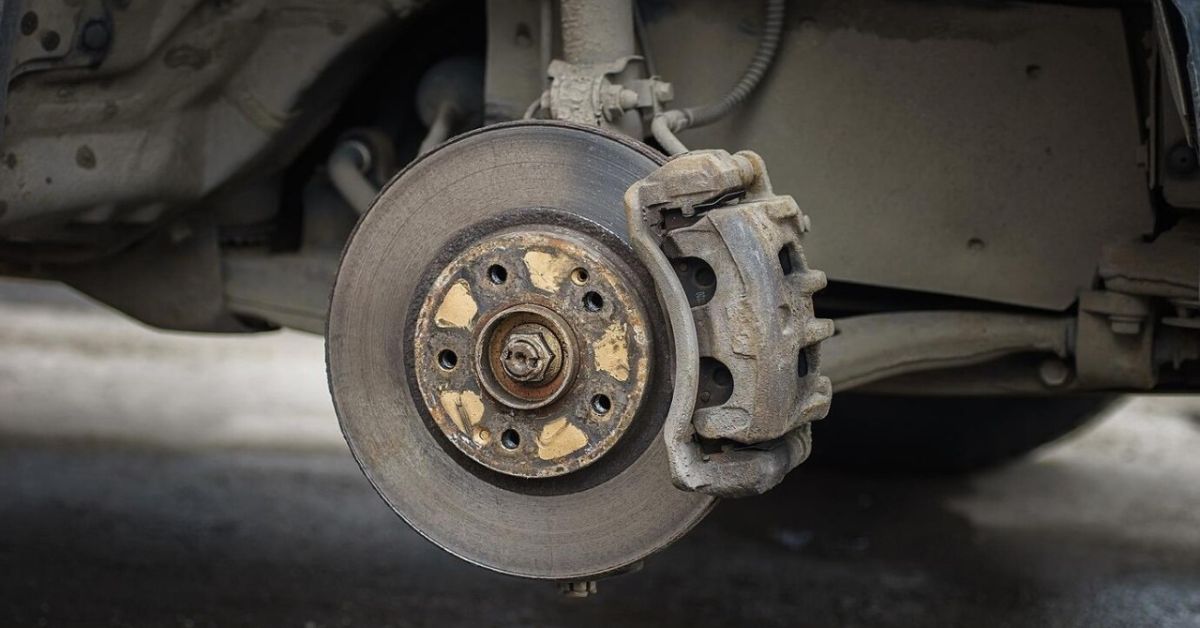One of the most uncomfortable things a driver can feel is when the car starts shaking while braking. If you’ve ever asked yourself, “Why a car shakes when braking?”, you’re not alone. It’s a common problem that can be anything from a small issue to something more serious that affects your safety. Most of the time, it’s a sign that something in your braking system needs to be checked. Knowing what’s causing it is the first step to fixing it before it gets worse.
Why a Car Shakes When Braking – Common Rotor Issues
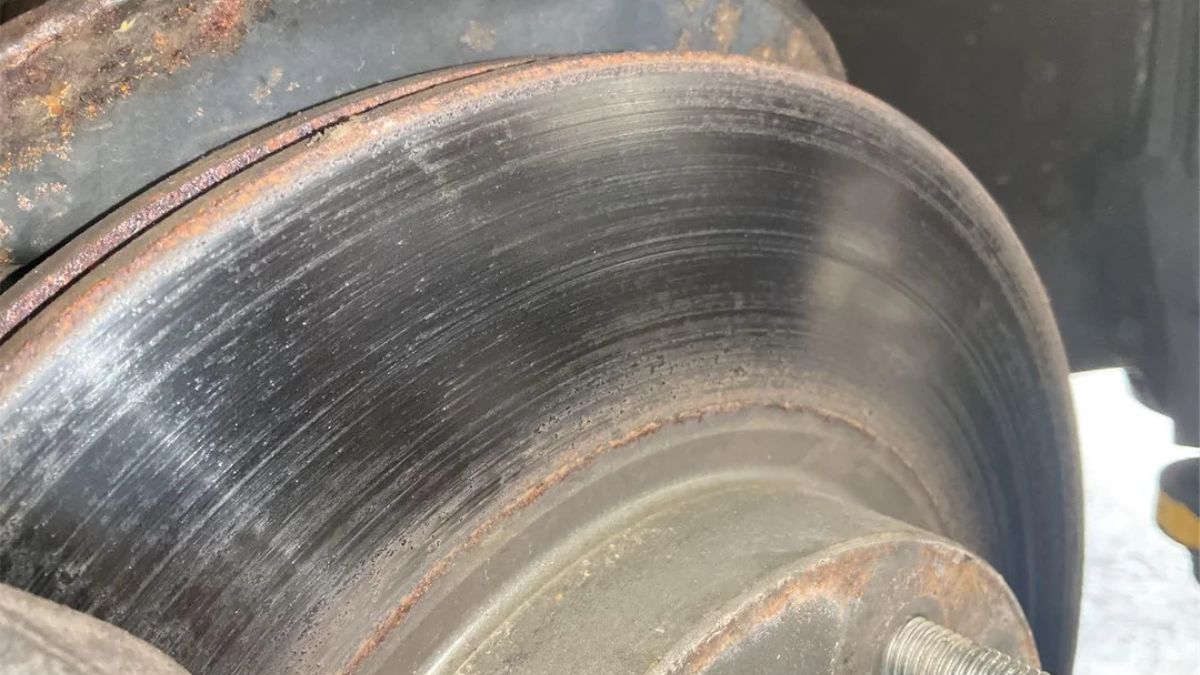
Why a car shakes when braking is often because of a problem with the brake rotors (also called brake discs). These are the metal discs that the brake pads press against to slow down your car. Over time, the rotors can become uneven. This is sometimes called “warping” or “runout,” but true bending of the rotor is actually pretty rare. More commonly, the rotor ends up with uneven thickness due to wear or incorrect wheel tightening during past service. When the brake pads press on a rotor that isn’t smooth, they can’t grip evenly. This causes a pulsing feeling that travels through the brake parts, suspension, and into the steering wheel or brake pedal—making the car shake when you brake.
Heat and Stress on Rotors
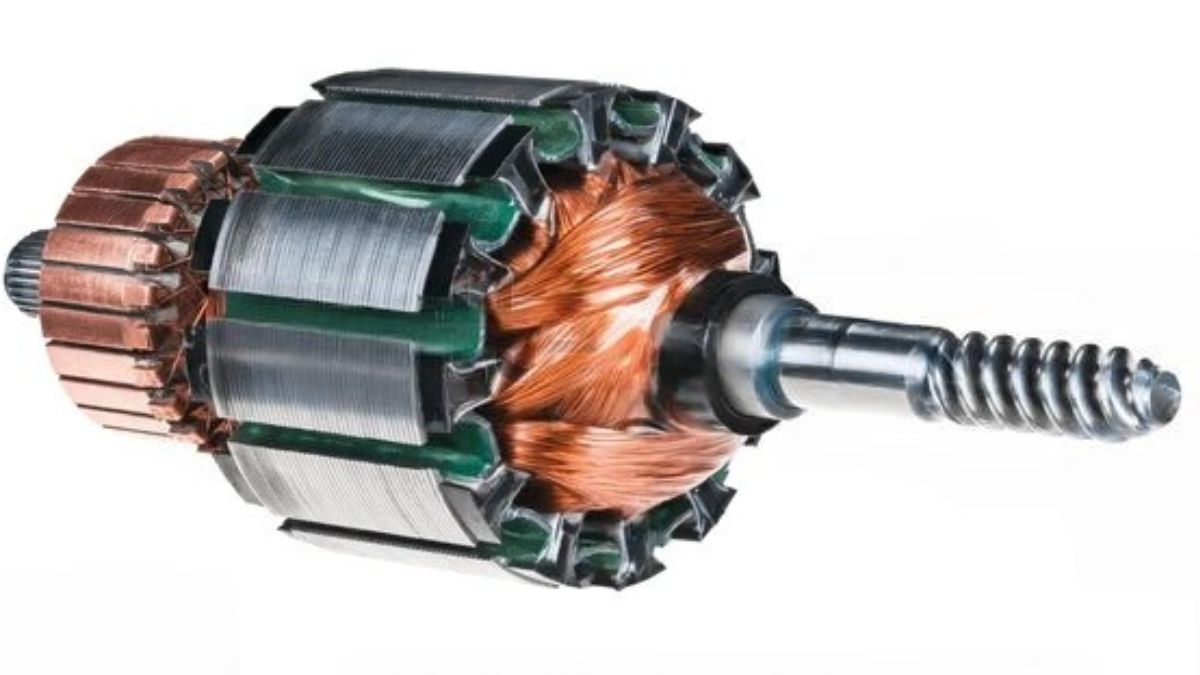
Another big reason why a car shakes when braking is uneven heat buildup on the brake rotors. Brakes produce a lot of heat when used, especially during heavy or repeated braking—like when driving downhill. If the rotors get really hot and then cool down quickly, such as by hitting a puddle or touching a cold surface, the metal can shrink unevenly. This can cause the rotors to become slightly uneven or develop thickness variations. Also, if the wheels aren’t tightened properly, it can put uneven pressure on the rotors, leading to uneven wear over time.
Brake Caliper Issues
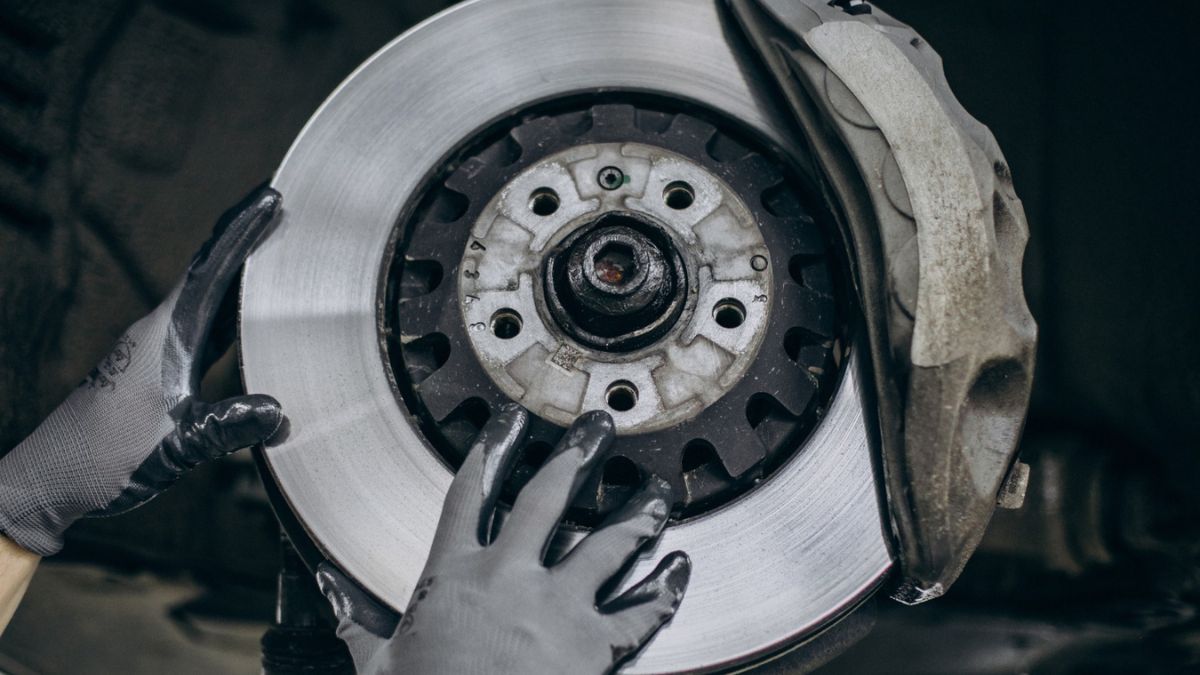
Why a car shakes when braking can also be due to problems with the brake calipers, though this happens less often. Calipers hold the brake pads and press them against the rotors to slow the car down. If a caliper piston gets stuck or doesn’t move properly, it can cause the brake pad to stay pressed lightly against the rotor all the time. This constant contact can heat up the rotor too much and wear it unevenly in one spot, which makes the car shake when you brake. In worse cases, a stuck caliper can cause the brake to drag, creating a burning smell and lowering your fuel efficiency.
Other Possible Causes
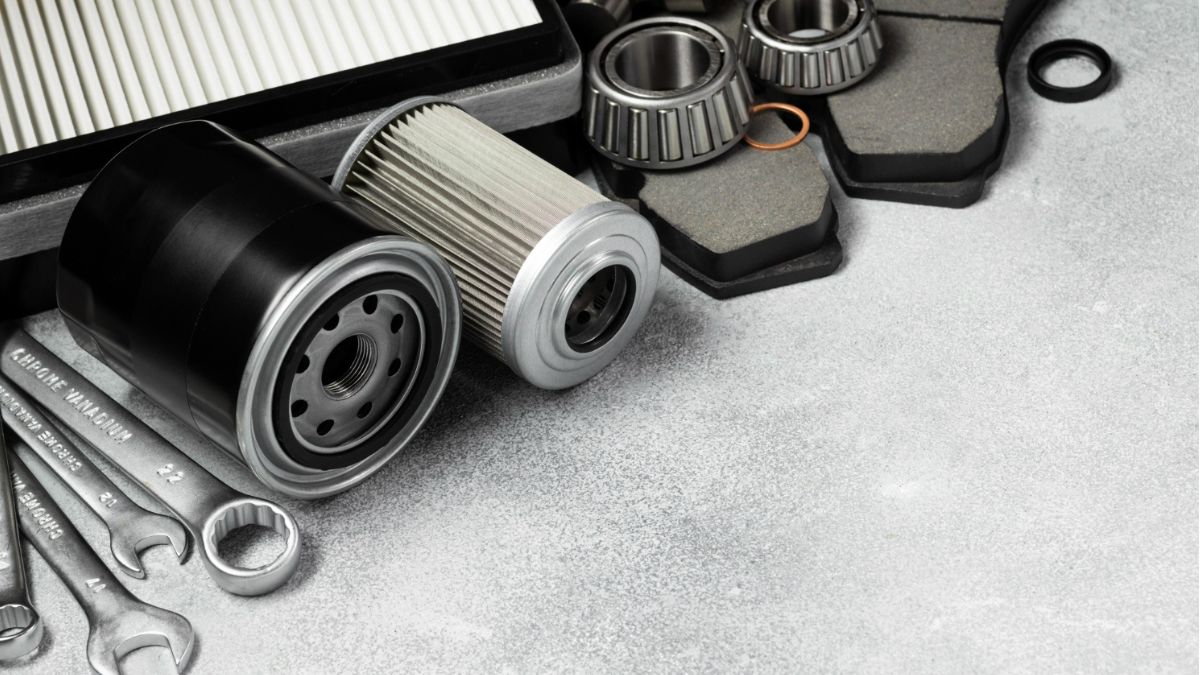
Why a car shakes when braking isn’t always just about the brakes. Sometimes, problems with other parts of the car—like worn suspension components (ball joints, tie rods, or control arm bushings)—can cause vibrations too. These usually make the car shake even when you’re not braking, but hard braking can make the problem more noticeable and seem like a brake issue. Also, if your tires are unbalanced, they can cause shaking that feels stronger when braking, as the system tries to control the uneven movement. That’s why it’s important to get a full inspection to be sure of the real cause.
How Serious Is It?
Why a car shakes when braking can tell you a lot about how serious the issue is. A light, occasional vibration might just mean your brake rotors are starting to wear out. But if the shaking is strong and comes with strange noises, it could be a bigger problem that needs urgent attention. Ignoring it isn’t safe. Besides being annoying, it can put you at risk—bad brakes can make your car take longer to stop and harder to control during emergencies.
What You Should Do
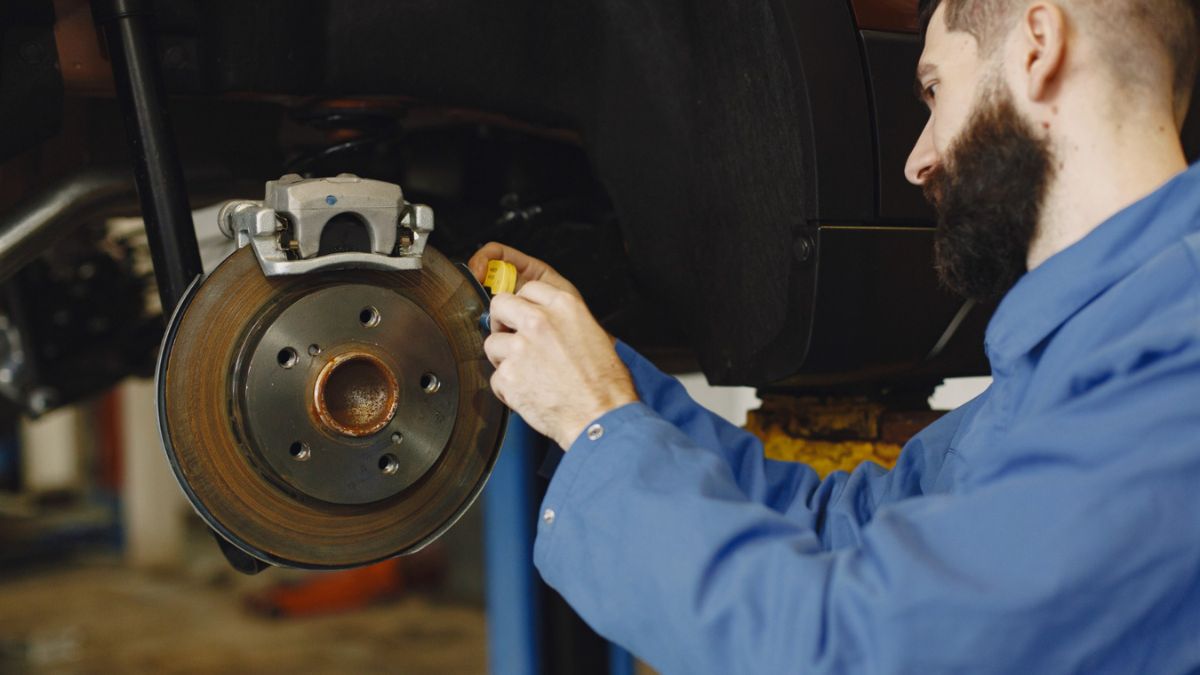
If you feel your car shaking when you brake, it’s important to get it checked by a trusted mechanic as soon as possible. They’ll look at the brake pads for wear, check if the rotors are uneven or too thin, and inspect the calipers and other brake parts for any issues. Usually, the fix involves either smoothing out the rotors (if they’re still thick enough) or replacing them completely, along with putting in new brake pads. This simple repair can bring back proper braking performance and give you peace of mind while driving.

